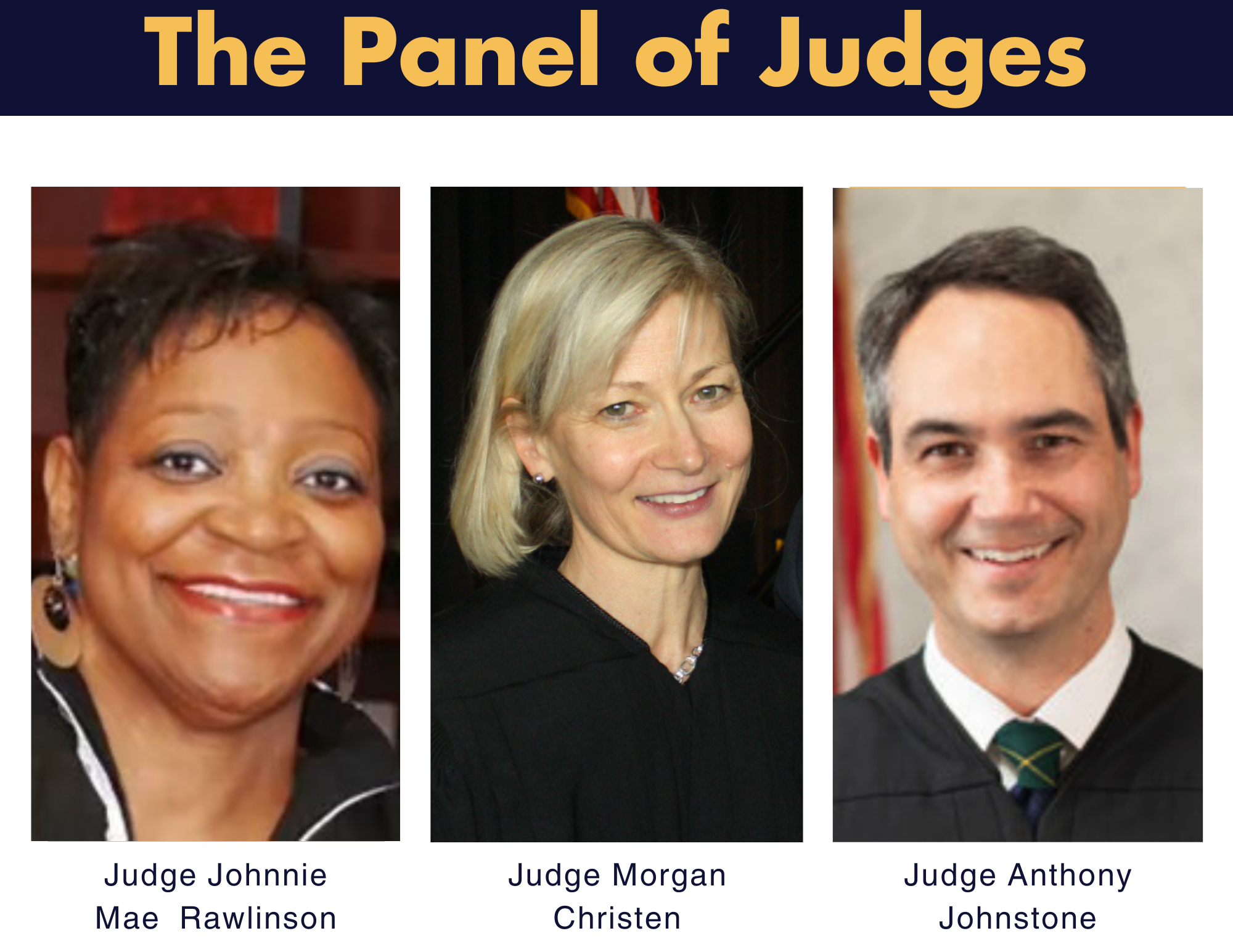USA v MRT: Appeals Court Panel Selected, Argument Set for November 21


By OW Staff | 11/13/24
The random selection of the three judge panel that will hear Dr. Mark Ridley-Thomas’s appeal of his conviction on bribery, conspiracy and honest services mail and wire fraud charges before the U.S. Ninth Circuit Court of Appeals has been made public. The three judge panel consists of jurists appointed to the Ninth Circuit by Democratic Party presidents, including the only Black woman on the Ninth Circuit.
Oral argument is scheduled for Thursday, November 21 at 9:30 AM at the Richard H. Chambers US Court of Appeals, 125 South Grand Avenue, Pasadena, CA 91105. The hearing is open to the public and is expected to last one hour.
Judge Johnnie Mae Rawlinson is the first African American and Black woman to serve on the Ninth Circuit Court of Appeals. An alumna of an Historically Black College or University (HBCU), North Carolina A&T, she attended law school at the University of the Pacific McGeorge School of Law in Sacramento. She was elevated to the appeals court in 2000 by former President Bill Clinton, two years after he first appointed her to the United States District Court for the District of Nevada. Judge Rawlinson received a Master of Judicial Studies degree in 2016 from Duke University School of Law while serving on the bench.
Judge Morgan Christen served as a state court judge on the Alaska Supreme Court before her nomination to the Ninth Circuit by former President Barack Obama in 2011. She received her commission in January 2012. She is the first woman from Alaska to sit as a judge of the United States Court of Appeals for the Ninth Circuit. A Washington native, Judge Christen received her B.A. from the University of Washington in 1983 and her J.D. from Golden Gate University School of Law in 1986. She clerked for Alaska Superior Court Judge Brian Shortell in 1986.
Judge Anthony D. Johnstone received his commission to serve on the Ninth Circuit Court of Appeals in May 2023, pursuant to the nomination of President Joseph Biden. Judge Johnstone earned his bachelor’s degree from Yale University in 1995. He graduated with honors from the University of Chicago Law School with honors. Before entering private practice from which he was nominated, Judge Johnstone served as an assistant attorney general in the Montana Attorney General’s office first as an assistant A.G. and then Solicitor General before teaching law and entering private practice.
Public interest in the USA v MRT case remains high with close observers growing increasingly skeptical about the USAO’s role, decisions and behavior. Based on the logic of the prosecution’s case, MRT secured a bribe that involved no personal enrichment or financial benefit to himself or his son. To do so prosecutors say, MRT used funds he already controlled and accepted a gratuity, or a courtesy, extended by USC after supporting a project he helped develop years earlier in order to avoid “reputational harm” and “nepotistic optics.”
Dr. Ridley-Thomas benefits from an extensive network of supporters who view their attendance at court proceedings as visible acts of civic engagement and solidarity.
USA v MRT is no typical bribery case. There was no evidence of personal enrichment, no threat to withhold or exchange support for issues of interest to USC and no quid pro quo arrangement in advance of official acts performed by MRT. A single contract extension recommended to the Board of Supervisors which passed unanimously on the consent calendar was negotiated by the Department of Mental Health. Last month, an audit of contracts commissioned by the Board in the aftermath of his October 2021 indictment revealed “no pattern” of corruption linked to MRT during his tenure.
###
U.S. Ninth Circuit Court of Appeals Background
The Ninth Circuit Court of Appeals hears appeals of cases decided by executive branch agencies and federal trial courts in nine western states and two Pacific Island jurisdictions. The court normally meets monthly in Seattle, San Francisco and Pasadena, California; every other month in Portland, Oregon; three times per year in Honolulu, Hawaii; and twice a year in Anchorage. Alaska. The court is authorized 29 judgeships.
Judges of the federal appellate courts and federal district courts are appointed under Article III of the Constitution. They are nominated by the President, confirmed by the Senate and serve lifetime appointments upon good behavior.

